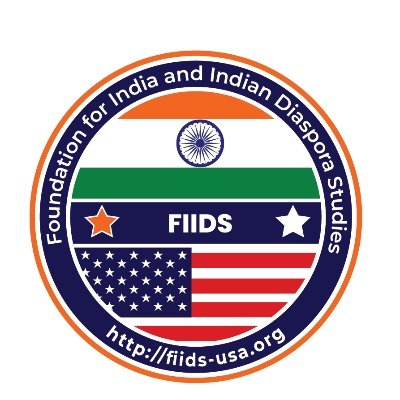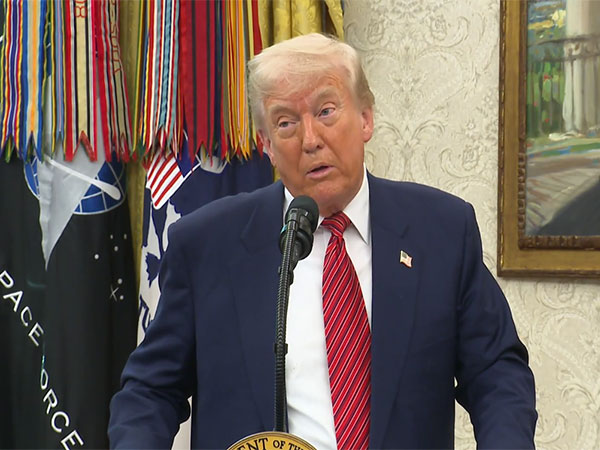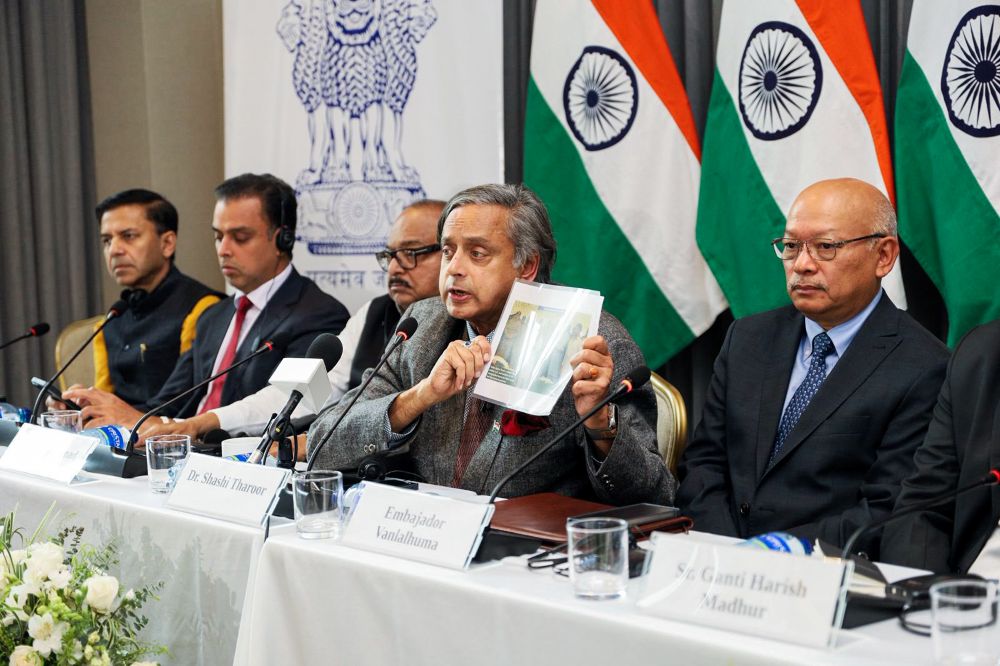Our Bureau
San Jose, CA
In its annual report on Wednesday, the US Commission on International Religious Freedom (USCIRF) recommended that India be designated as a “Country of Particular Concern (CPC)” since the status of religious freedom in the country has worsened.
The Indian diaspora think-tank, the Foundation for India and Indian Diaspora Studies (FIIDS) characterised the USCIRF report as biased, presenting partial data and flawed conclusions. The think-tank has urged the US State Department to reject it.
“The US Commission on International Religious Freedom is known as a biased organization with a political agenda. They continue to publish their propaganda on India masquerading as part of an annual report,” Ministry of External Affairs spokesperson Randhir Jaiswal said in New Delhi.
Khanderao Kand, Chief of Policy and Strategy at FIIDS, stated that the USCIRF report is based on “omission and commission of facts, utilising partial data, hiding the full context, generalising isolated incidents, and questioning the implementation of the law of the land.” “This report used partial and isolated incidents to wrongly brand the largest democracy in the world with a population of 1.4 billion, missing the opportunity to indicate positive recent trends against the background of a complex and violent past history,” he said.
In a detailed analysis of the report, FIIDS said that USCIRF’s position on India contrasts with its analysis of 2023, indicating significant year-over-year improvement.
FIIDS Analyst Mohan Sonti from Boston mentioned that USCIRF’s position on India contrasts with FIIDS’s analysis of 2023, indicating significant year-over-year improvement.
According to FIIDS, there are doubts and questions regarding any influence or agenda against the third-largest economy and a strong ally of the US. Considering the consequential nature of US-India relations in 2021, FIIDS recommends that the US Department of State should carefully evaluate and reject USCIRF recommendations.


























